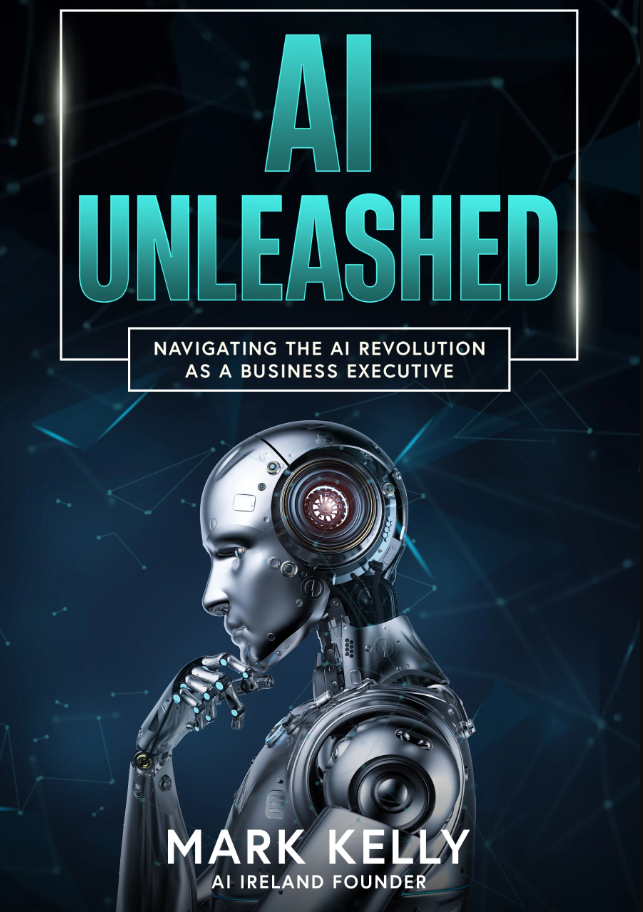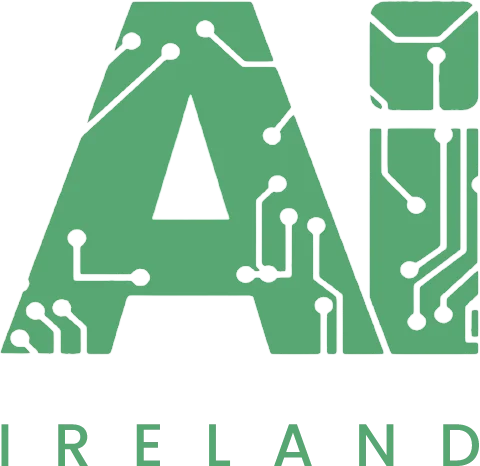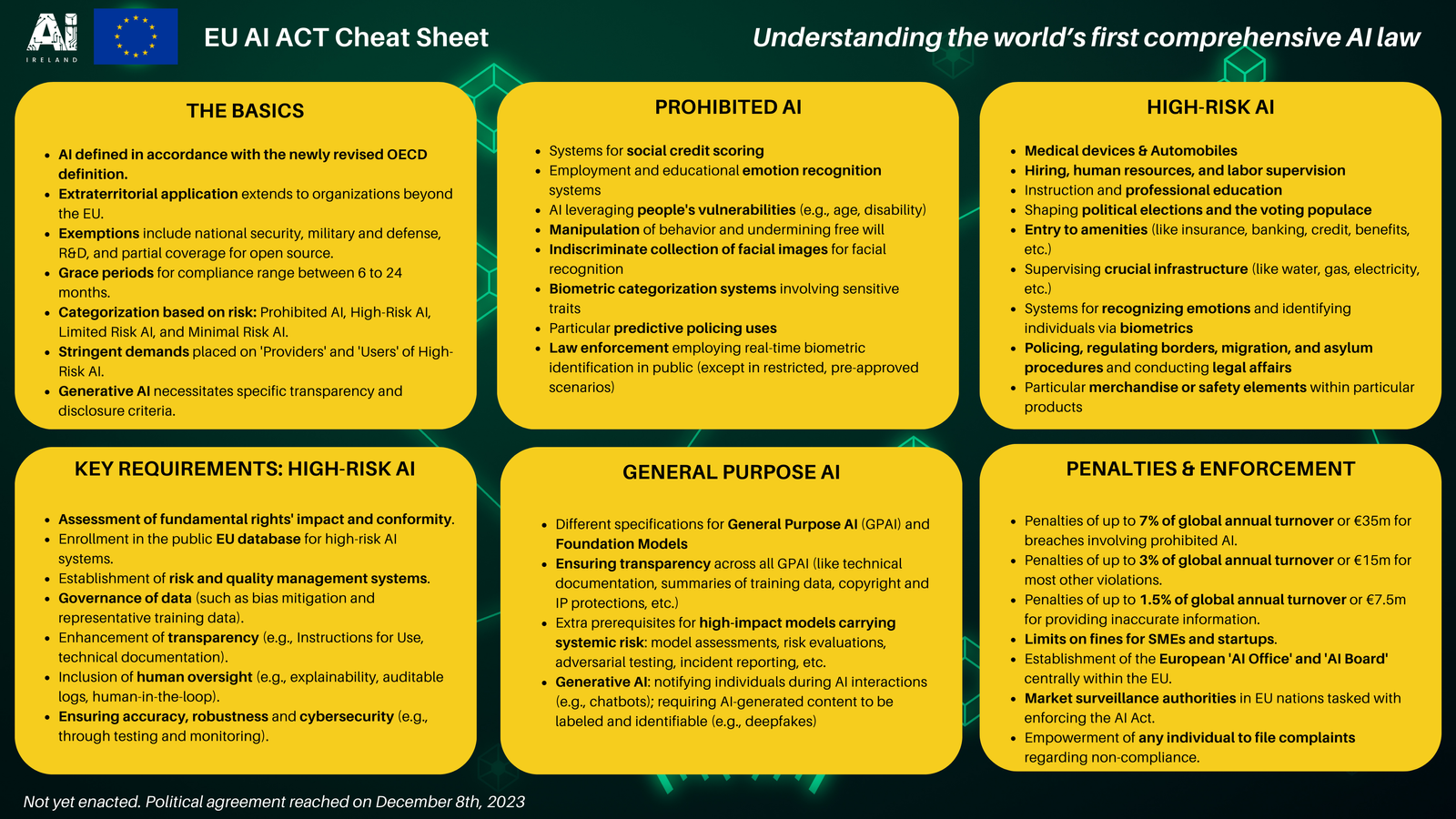European Union policymakers have made history by spearheading comprehensive legislation to regulate Artificial Intelligence, marking a significant milestone in global tech governance.
The AI Act sets a precedent for EU nations aiming to harness AI’s potential benefits, while safeguarding against potential risks across societal and economic realms.
This groundbreaking law addresses various concerns surrounding AI, such as its impact on job automation, the proliferation of misinformation online and potential threats to national security. While the law awaits final approval, its core framework has been established, signaling a strategic move by European policymakers.
A key focus of the AI Act is regulating the riskiest applications of AI by both private entities and governments, especially in law enforcement and critical service operations. Transparency requirements are proposed for major AI system developers, including those behind widely used technologies like the ChatGPT chatbot. Mandates also aim to ensure clear disclosure when AI generates manipulated content like “deepfakes.”
Moreover, restrictions on facial recognition software use by authorities and potential fines for non-compliance highlight the law’s stringent approach toward mitigating AI-related risks. However, the effectiveness of these regulations remains a subject of debate, with some provisions expected to take up to two years to fully implement – considerable time in the rapidly evolving landscape of AI development.
This legislative breakthrough in Brussels follows exhaustive negotiations spanning multiple days, reflecting the complexity and significance of regulating AI. The law’s passage necessitates further stages of approval within the European Council and Parliament, comprising representatives from the 27 member countries.
The urgency to regulate AI intensified following the global sensation caused by AI models like ChatGPT. Beyond Europe, nations such as the United States have initiated executive orders focusing on AI’s national security implications, while others like China have implemented limited restrictions on AI-related data usage.
EU’s proactive stance in AI regulation dates back to 2018, culminating in the AI Act’s proposal in 2021. The Act’s subsequent revisions align with emerging technological advancements, emphasising a risk-based approach to regulate AI applications posing potential harm.
However, the EU’s internal debates mirror the broader global challenge of balancing innovation incentives with the necessity to regulate new AI systems comprehensively. Concerns about potential handicaps for European startups compared to tech giants from other regions have surfaced amidst these discussions.
The impact of these regulations extends beyond major tech corporations to encompass various sectors such as education, healthcare, and banking. As AI increasingly permeates diverse industries and governmental functions, the need for clear, enforceable guidelines becomes paramount.
While hailed as a significant step, uncertainties loom around enforcement and the law’s practical implementation across the EU’s member states. Skepticism exists regarding the EU’s track record in uniformly enforcing previous legislations like the General Data Protection Regulation (GDPR).
The AI Act’s global ramifications are evident, as it could influence international discussions on AI governance and shape future global standards. European Commissioner Thierry Breton emphasised the Act’s role in setting global benchmarks for trustworthy AI.
This legislation also reflects the EU’s commitment to fostering responsible AI development, evident in their investments in AI research and the promotion of voluntary commitments by businesses ahead of the law’s full applicability.
The AI Act represents a pivotal moment not only for the EU but also for the global tech landscape, steering conversations toward responsible and transparent AI deployment while ensuring fundamental rights and safety. As AI continues to evolve, the Act stands as a pioneering effort in setting ethical guidelines for its widespread integration into our society and economy.
Moreover, the EU’s strides in AI regulation could significantly influence other global powers’ approaches toward managing the unprecedented impact of AI technology on our lives.

AI Unleashed: Navigating the AI Revolution
AI Ireland are excited to unveil our new book, “AI Unleashed: Navigating the AI Revolution,” which is now accessible for purchase on Amazon. For executives, policy architects, or technology aficionados seeking to make sense of the intricate world of AI, “AI Unleashed: Navigating the AI Revolution” is your essential handbook. Now available on Amazon Kindle or hard copy, this book furnishes you with the expertise and instruments required to employ AI both effectively and ethically.
Book an AI Presentation today
AI Ireland offers tailored presentations catering to your industry’s needs, providing invaluable insights into the transformative power of AI technologies. Stay ahead of the curve and equip your organisation with the knowledge it needs to confidently embrace the future.
Don’t miss the opportunity to enlighten your team and stakeholders. Book a presentation today and explore how innovation is positively impacting your industry.


